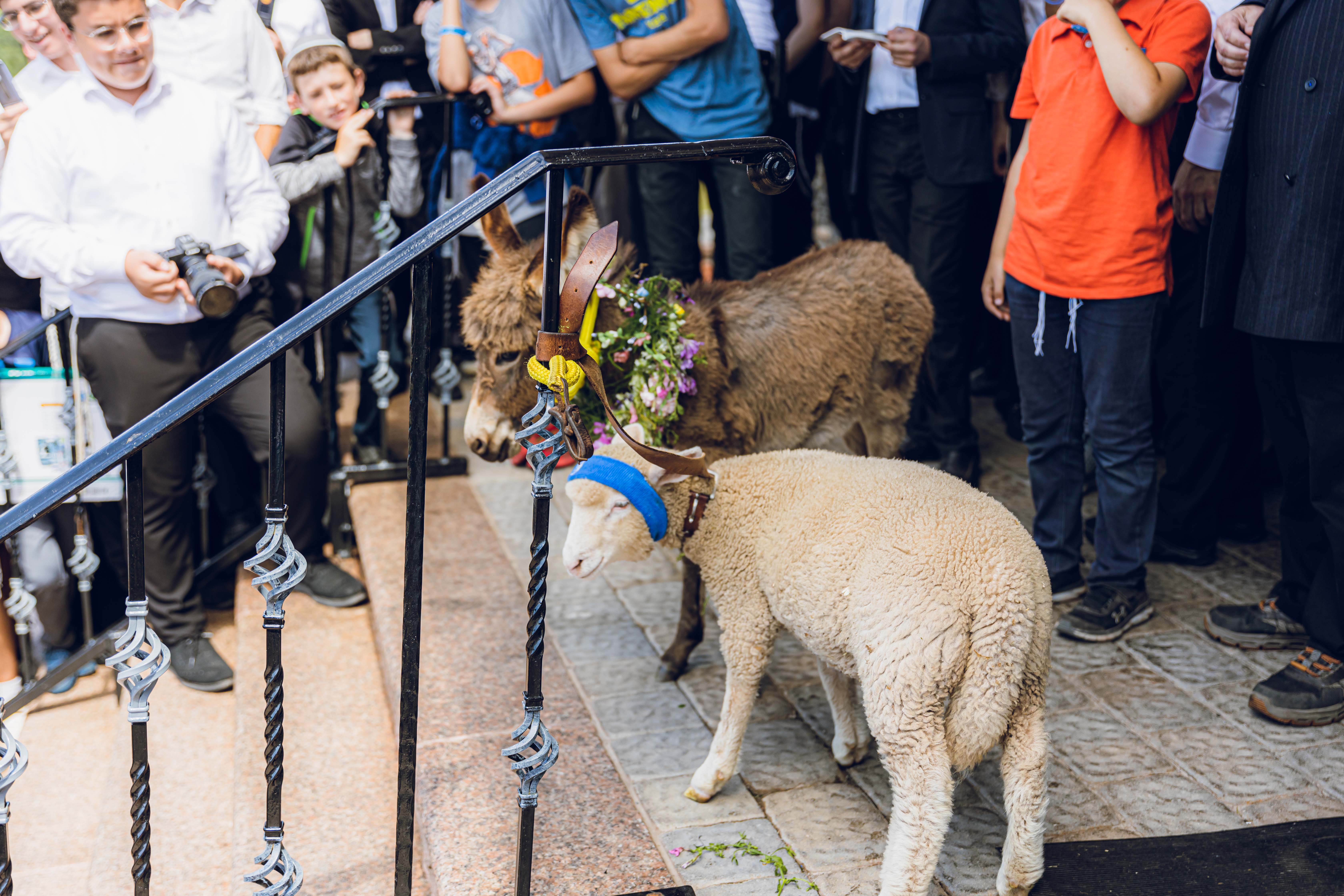Ask the Rabbi with Rabbi Chaim Mintz
Do I have to protest when I see someone doing something wrong? I feel like it’s none of my business, and it makes me very uncomfortable and often creates resentment.
Rabbi Chaim Mintz responds:
What is Tochachah?
Tochachah—rebuking a fellow Jew who does something against the Torah (bible), is a mitzvah (commandment). Although on the surface it may seem harsh or intrusive, it is really an act of love. That’s why the Torah places this mitzvah right next to the mitzvah of “Ve’ahavta lerei’acho kamocha—Love your fellow as yourself” (Vayikra 19:18). The Jewish people are one family, and as family, we take responsibility for one another. Of course, this must be done with care, love, and wisdom, in a way that can be heard and accepted.
Torah’s Command
The Torah commands us to take action when someone is in danger: “Lo ta’amod al dam rei’echa—do not stand by your fellow’s blood” (ibid. 19:16). This obligation applies not only to physical danger but also to spiritual harm. It’s not enough to feel concern—we must act. That’s the essence of tochachah—not criticism, but an attempt to save someone from spiritual harm.
And just as we would dive into freezing water to save someone from drowning, so too must we step in to protect a fellow Jew’s soul, even when it is difficult or uncomfortable.
It Takes Courage To Rebuke
Don’t back down just because someone resents it. Just as a parent disciplines a child because that is what’s best for the child, whether or not he appreciates it, we must continue to give tochachah for the benefit of the person who needs it. Furthermore, though he may resent it now, he will eventually come to value it, if not in This world then the Next.
During World War II, some Jews were on a harrowing sea journey trying to escape Europe. One man, overwhelmed by despair, tried to take his life, and jumped overboard. Seeing what had happened, one of the other passengers dove into the frigid waters and pulled him back aboard. Eventually they survived, and the man was able to rebuild his life. Needless to say, his initial resentment turned to profound appreciation.
Similarly, though tochachah may be resented at first, like the rescued man, the one rebuked will eventually thank you.
Thankful In Hindsight
In fact, if you keep quiet, in the World to Come that person may come with a bitter complaint: “Why didn’t you say anything? Why didn’t you help me when I still had a chance?” Many people have the potential for greatness but need a gentle nudge—someone to steer them back on course. When no one steps up, that potential can be lost. A small word at the right moment could have changed everything.
That’s why truly great people welcome rebuke. Our own flaws are difficult to see, so while a compliment may feel good, a sincere, thoughtful critique is worth so much more, as it helps us grow. Indeed, our rabbis teach that a true friend is someone who points out your mistakes and helps you get back on track.
While giving rebuke is primarily to help others, we’re helping ourselves too. “Kol Yisroel areivim zeh bazeh—all Jews are responsible and accountable for one another.” As the kabbalists explain, our souls are all interconnected: one Jew’s mitzvah lifts us all, while a sin drags us down. So giving tochachah isn’t meddling—it’s quite literally our business, as it’s helping them and protecting ourselves.
In short: Rebuke comes from love—to help the other person and ourselves. It must be done even if they don’t appreciate it, but in truth, down the line they will thank you for it, in this world or in the World to Come.
Written by Rabbi Aaron Shapiro
Have another question to ask a rabbi? You can ask Rabbi Mintz your own question at asktherabbi@oorah.org, or head to oorah.org/asktherabbi/ to watch the latest Q&As or join Ask the Rabbi Live, Tuesdays at 9PM ET.


